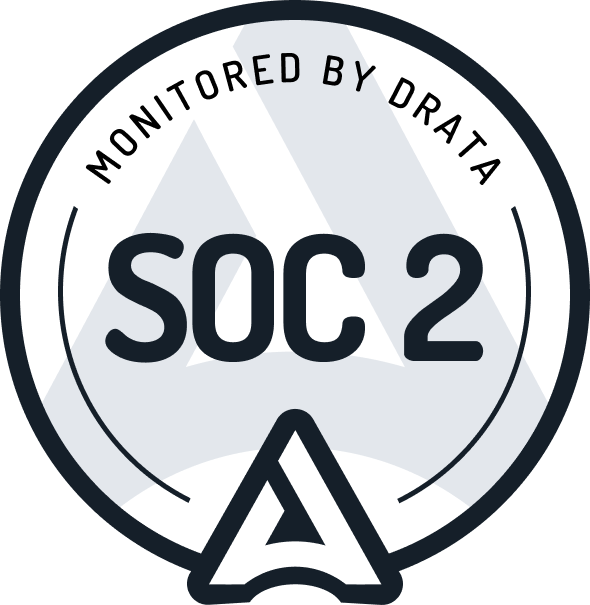Here at LiveFlow, we are a B2B startup ourselves. This means we not only create tools to help B2B startups, but we are also living the process ourselves. Like any other startup, we were a little obsessed with metrics.
That’s why we’ve built our Google Sheets add-on and various financial templates. Here is a list of the most important things you should be measuring right now if you're building a B2B startup.
1. Revenue
Whether you're measuring ARR on a macro level, or carefully watching your MRR, revenue is one of the most important things in any B2B startup. Annual recurring revenue can show you how much you've grown over the year, but in the fast-moving world of B2B startups, your monthly recurring revenue will often tell you a lot more. This is especially true for startups that don't have many years of revenue to compare to. Your MRR will be one of your most important growth metrics.
2. Burn Rate
Most startups tend to go through money quite quickly. It's very common to underestimate your spending needs early in the game. Paying close attention to your burn rate we'll show you how quickly you're spending money and whether you need to adjust your strategies. Check out 4 ways to nail your runway here.
3. Churn Rate
Churn rate is another important metric for any startup. No matter how many new customers you are signing up, if you're losing them just as quickly, you'll never meet your growth targets.
4. Projected Sales
When it comes to projected sales in a B2B startup the best place to look is your sales pipeline. How many customers are in the process? How many do you expect to convert, and how will this affect revenue and profit and loss? If you don't have enough sales in your pipeline to keep you going, you're going to run out of money.
5. Customer Acquisition Cost
Another very important metric to pay attention to, is how much it's costing you to acquire each customer. Early in the beta B2B start up process, it's expected that you will spend more. You're building brand awareness, attending conferences and pursuing important customers. However, the cost to acquire customers should decline as your business grows and becomes more visible. If it's not, you may need to adjust your strategy. Check how to build a Killer Marketing P&L and track CAC and Payback Period with a free template here.
6. Growth Rate
Every business starts at 0. But it's not where you start that matters it's where you end up. This is why it's so important to measure your growth rate as a startup. It should become easier to acquire more customers per month over time. This is why the ideal startup growth chart looks like a hockey stick. If your growth is flat or even contracting, there's a serious problem.
7. Net Promoter Score (NPS)
NPS is a great non-financial way to measure customer loyalty and satisfaction because it allows for an accurate depiction of how much value your customers are gaining from your product.
Numerical data like financial metrics does not tell you as much about why people might be dissatisfied with their experience, but qualitative feedback can provide valuable insight into this area early on in SaaS businesses when there isn’t enough quantitative information available yet.
You can measure customer satisfaction by asking them to rate the probability that they would recommend your company on a scale of 1-10 where 1 is "Not likely at all" and "10" - "Highly likely". Keep an eye on this metric and learn from those hesitating in the middle. Ask yourself - "What can we do better so that customers are satisfied and recommend our product?"
8. Conversion Rate
In every sales funnel, there will be some customers that drop off early in the process, some that fall away from a little later, and some that become customers. It's important to measure how many prospects turn into sales so that you can calculate your conversion rate. The more you can increase your conversion rate, without increasing your marketing spend, the better for your startup.
9. Cash Flow
Many startups focus almost exclusively easily on revenue, profit and loss. However, while those numbers are important, there is one number that supersedes them all. That is your zero cash date. If you can't master cash flow, and you run out of money, that game is over.
Measure, Review and Revise
As startups, we’re constantly swimming against the stream. As a startup ourselves, LiveFlow knows exactly what that’s like. However, we use our own tools, like the Google Sheets add-on, to collect, collate, measure, and review financial data. Then we use that information to revise our business plans accordingly.
Startup life is exciting and there's a certain amount of uncertainty built into the process. It's definitely not for everyone. But if you are an entrepreneur, becoming a little bit obsessive about metrics like these, can help you to beat the odds. Speaking of metrics and strategies crucial to navigating the tumultuous waters of B2B entrepreneurship, this enlightening general B2B statistics meticulously curates pivotal statistics and insights.
We're happy to be a small part of the process. So, if you are still struggling to get a handle on the numbers, take a look at our Google Sheets add-on and join the waitlist for the main product. They are designed to make the process faster, simpler and better. So, you can focus on setting goals, smashing them, and building the next big thing.



.png)





